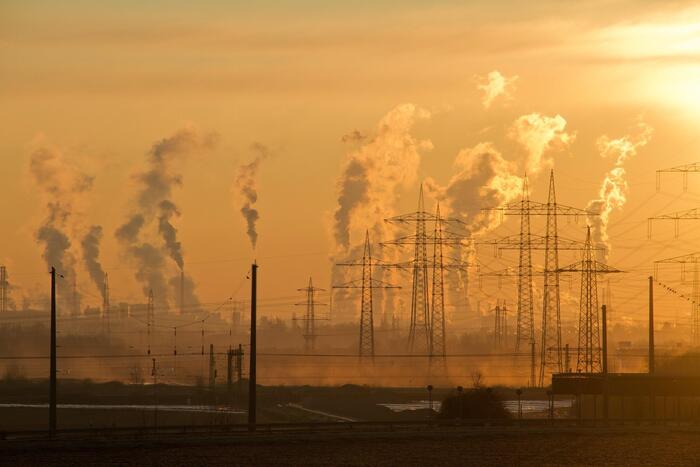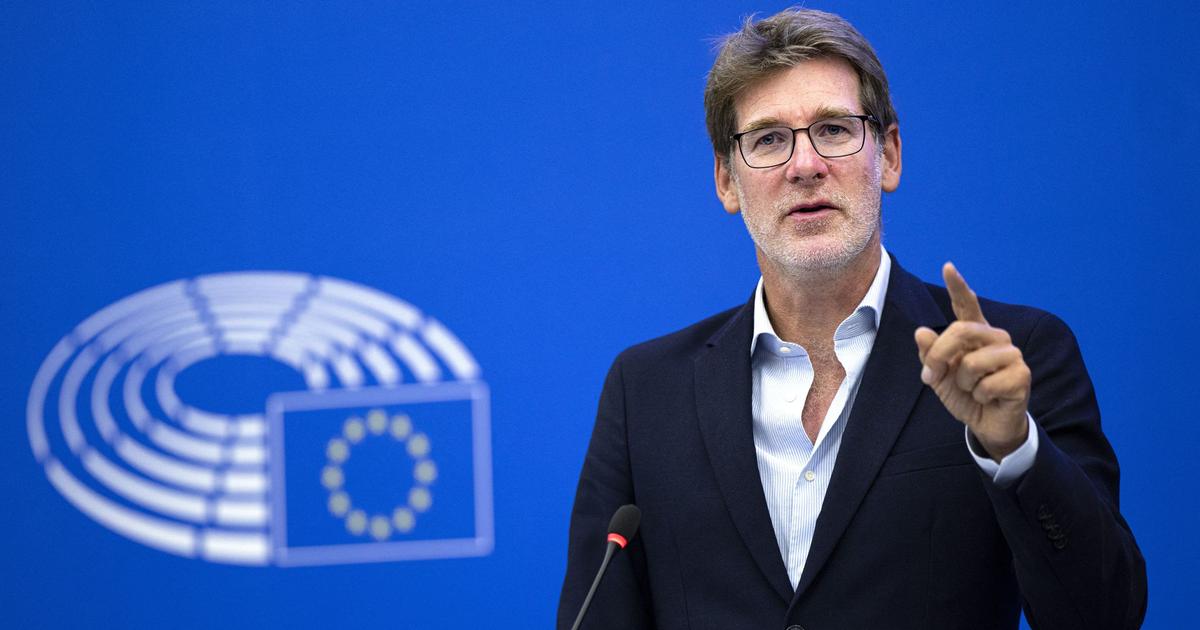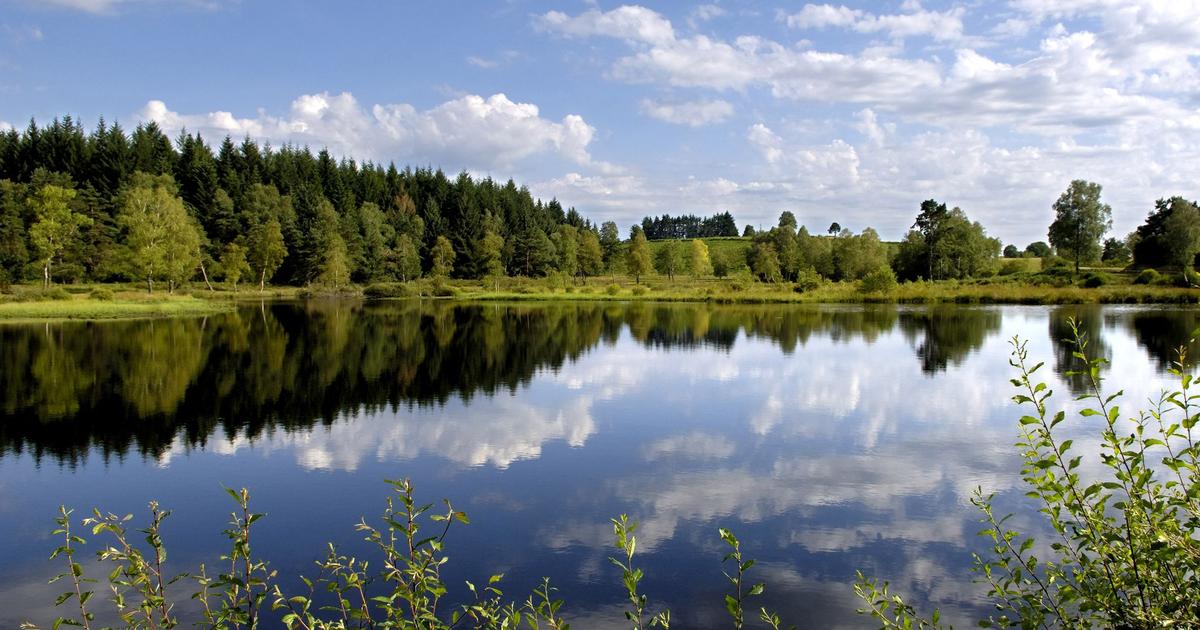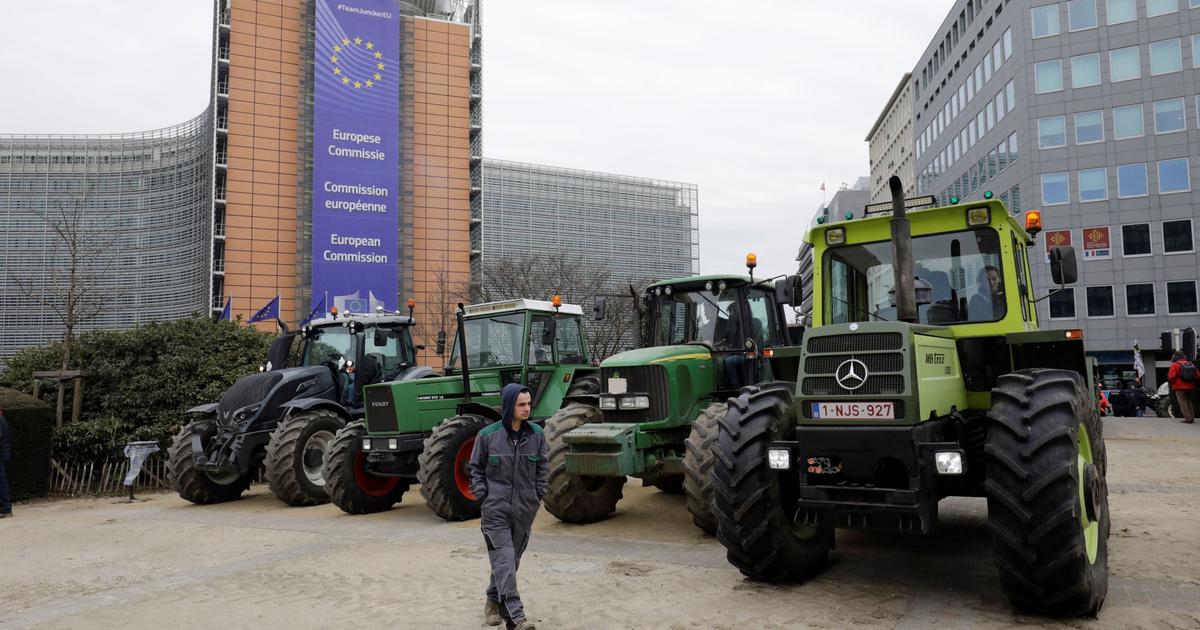Enlarge image
Foreign Minister Annalena Baerbock and Economics Minister Robert Habeck: Change of course or fickle opportunism?
Photo: Michael Kappeler / picture alliance / dpa
In 1999, the Green Foreign Minister at the time, Joschka Fischer, was called a warmonger when he approved the Bundeswehr's first foreign mission in Kosovo, justifying it with Germany's historic responsibility.
At a special party conference of the Greens, he was therefore thrown at with a paint bag.
Today, two decades later, Green politicians are again considered warmongers, which could mean: either not much has changed in the Greens - or a lot has changed.
The party, whose program has actually always been characterized by convinced pacifism and which has always been the most resolute in its opposition to the extension of nuclear and coal-fired power plants, has meanwhile turned around on these very fundamental points.
Weapons deliveries as well as the – at least temporary – lifetime extension of nuclear power plants are no longer categorically rejected.
At least Ricarda Lang explained to Anne Will last Sunday that “we must of course always react to the current situation at any moment during this crisis and will examine all measures.
We have done that in the past.
We have never categorically ruled that out.
We have always checked what makes sense at this moment.
We will continue to do so.«
It's about priorities and compromises, about realpolitik between pragmatism and loyalty to principles.
Climate protection is important;
that the supply of the population is guaranteed, but is currently more important, at least the actions of the Greens speak for it.
Here we find ourselves in the eternal conflict between adaptability and integrity: Do you stay true to yourself and your ideal core and keep the promise you made to the voters - or do you react flexibly to crisis situations?
At what point can a course change no longer be distinguished from fickle opportunism?
Or the other way around: When does insistence on historically evolved principles become blinded dogmatism and overly rigid narrow-mindedness in a reality that demands a level-headed reaction?
In an article entitled "The Greens and the War," Gudula Geuther and Ann-Kathrin Büüsker pointed out on Deutschlandfunk at the end of April how Annalena Baerbock's attitude had changed in the case of the arms deliveries.
As recently as January in Kyiv, like her predecessor Fischer, she also argued with historical responsibility when she declared her categorical no: »The attitude of the German federal government with regard to arms deliveries, and with a view to a restrictive arms export policy, that is yes not only known, but also rooted in our history.«
Since the Russian invasion, Baerbock has changed their once clear stance.
In April, she announced at a meeting of EU foreign ministers in Brussels: “But what is clear is that Ukraine needs more military material, especially heavy weapons.
And now is no time for excuses, now is time for creativity and pragmatism.«
Robert Habeck spoke out in favor of arms deliveries to Ukraine before the last general election.
Pragmatism seems to be the key word here.
In the case of Angela Merkel, pragmatism was still seen as a stigma of ambiguity; in politics, it is a term with a rather negative connotation.
In the case of crises, especially in the case of a war, you have to see the term and the political idea behind it, well, pragmatically.
A sincere pragmatism, i.e. one that does not strive for power, not only weighs up various options and directions in politics, but is also self-critical at the same time.
It is the will to reflect.
In order to achieve goals, he questions both the ways to get there and the goals to be achieved themselves. As a result, their own ideas are seen as provisional and worth checking again and again.
And the day can come when one's own ideas or ideals are reconsidered and discarded - if the circumstances or new insights require it.
Such weighing of ideas has always been the basis for a functioning democracy, in which voters can be won over by the best arguments.
Those in government who don't trust themselves and don't see their prospects as absolute are generally to be welcomed.
In the event of existential crises such as war or climate change, politicians from all parties face the challenge of at least partially shedding personal interests and ambitions in order to act in a cooperative mode.
It's a good thing that with Robert Habeck and Annalena Baerbock people are involved in these processes who can communicate and moderate this political and social change in an understandable way.
In a media space where the better argument does not always count, this is not an easy task.
Is the current situation just right for the Greens in terms of accelerating the expansion of renewable energies and ending fossil fuels?
You could see it like this.
But one could just as well argue that the Greens have always moved beyond dogmas set in stone.
That this flexibility is both pragmatic and programmatic - true to one's own principles, the interest in progressive and value-oriented change.
That would explain why these U-turns are not being interpreted as negatively in public as might be expected when political promises are broken.
The turning away from the pacifist tradition must be criticized and processed.
Some greens do, albeit without throwing paint bags.
And especially those voters who gave their votes to the party for exactly this position have a right to have this about-face explained.
Citizens have a very keen sense of whether rulers are trying to present their program as a universal ideal out of pure claims to power.
The Greens' drastic course changes, on the other hand, can be interpreted as an attempt to preserve their own political integrity through disruptions.
In this respect, the Greens may not have changed that much.
You stay true to yourself by adapting.









